In an era defined by dynamic transformations and unprecedented challenges, we examine the shifts across functions, with particular attention this year on the CHRO. To further examine the intricacies of this evolution, we undertook a monthly LinkedIn poll to gain the perspectives of our expansive global network. Find the results and key takeaways in our CHRO evolution snapshot.
HR leadership and the skills involved are recognised as mission-critical for an organisation to thrive. In Boyden’s annual research, strengthening skills in HR is consistently a top priority, and this year, deepening HR experience at the board level leapt from 11th to 5th priority. This key corporate function works in multiple time frames; anticipating change, reacting to current events, and analysing data to understand and plan for the alchemy of people, culture and organisational performance.
“The CHRO is a partner to the CEO, delivering on strategic business initiative through the right people, skills and high-performing teams,” comments Diane Turek Pire, Global Leader, Boyden Human Resources Practice. “The role is at the forefront of growth and change, guiding a myriad of talent priorities related to innovation, multicultural understanding, purpose and corporate responsibility.”
At Boyden we recognise that with CHROs at the cutting edge of organisational performance, we must have an intricate and future-focused understanding of the role. Many Boyden partners have walked in the shoes of the CHRO, developing strategies and teams, pursuing academic insight, and becoming powerful advocates. We continue to refresh our knowledge with initiatives such as this LinkedIn poll. Diane observes, “The results not only shine a light on new areas for development, but the polling itself helps drive a discussion of this pivotal role at a time of change in the working world.”
Global Poll on the Evolving Role of the CHRO: Results
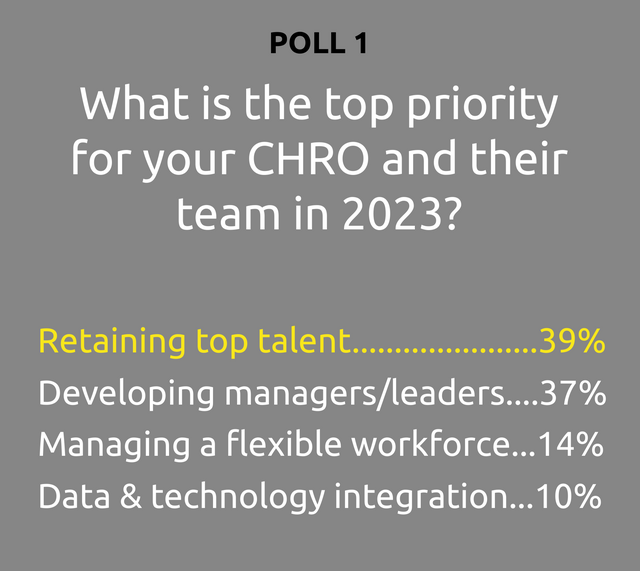
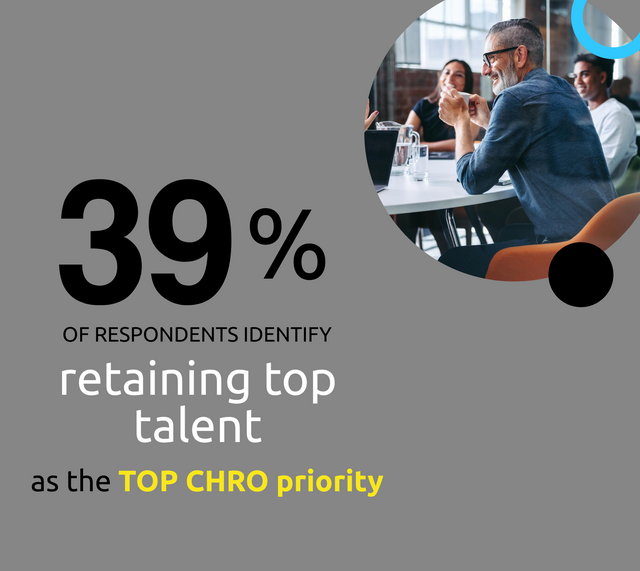
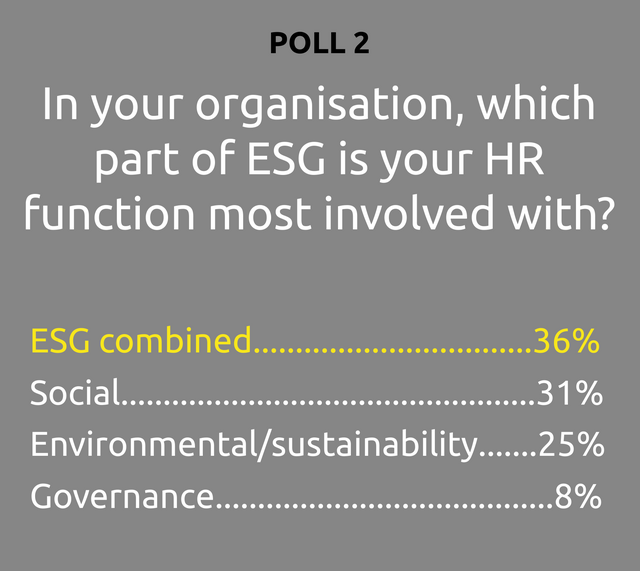
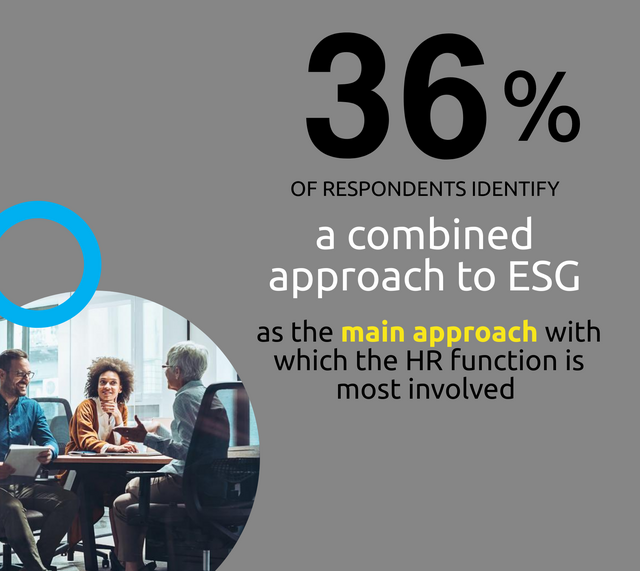
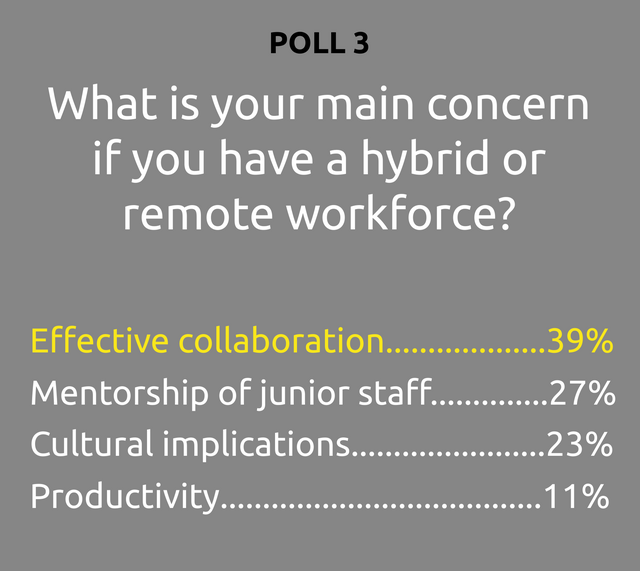
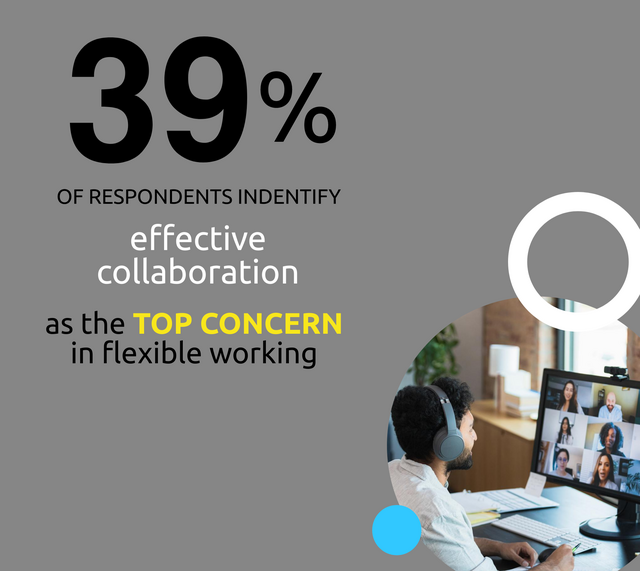
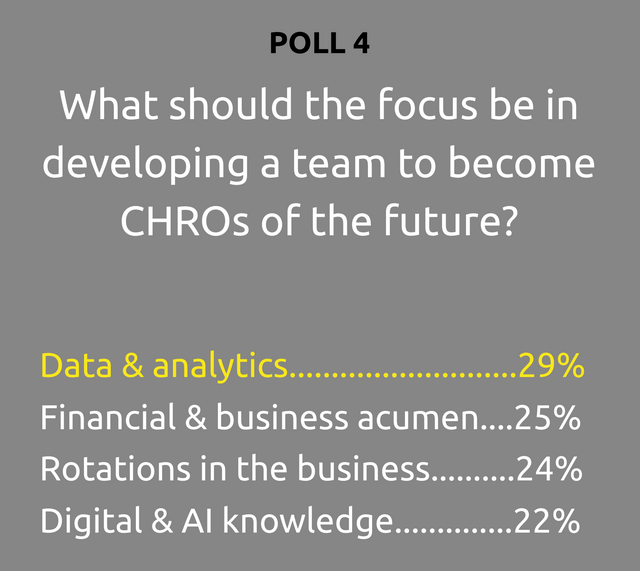
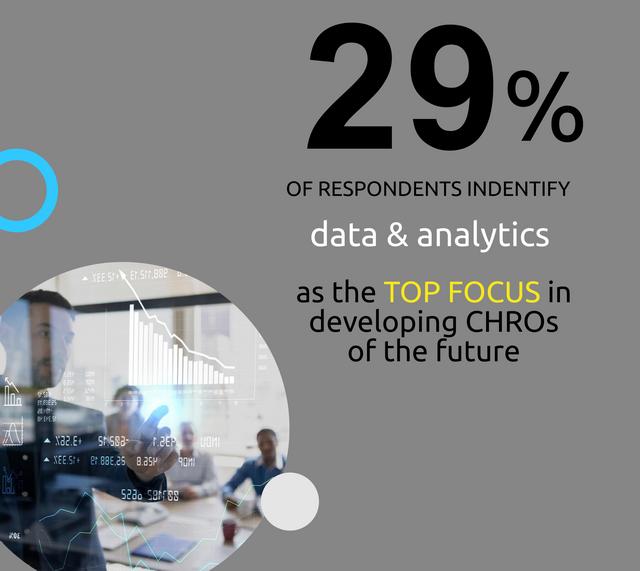

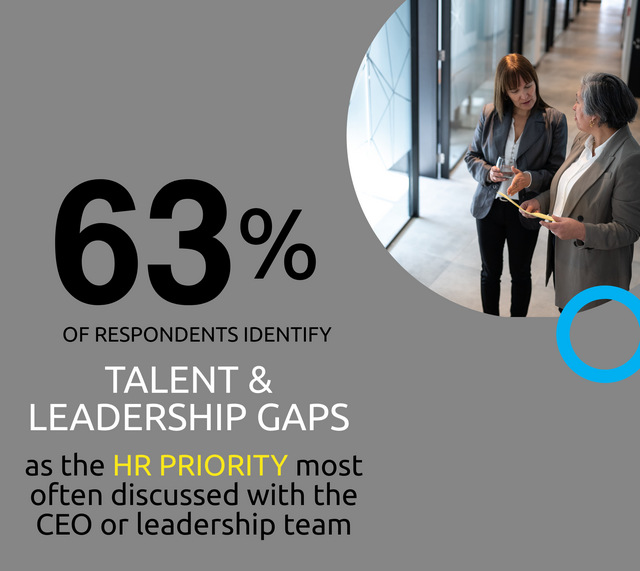
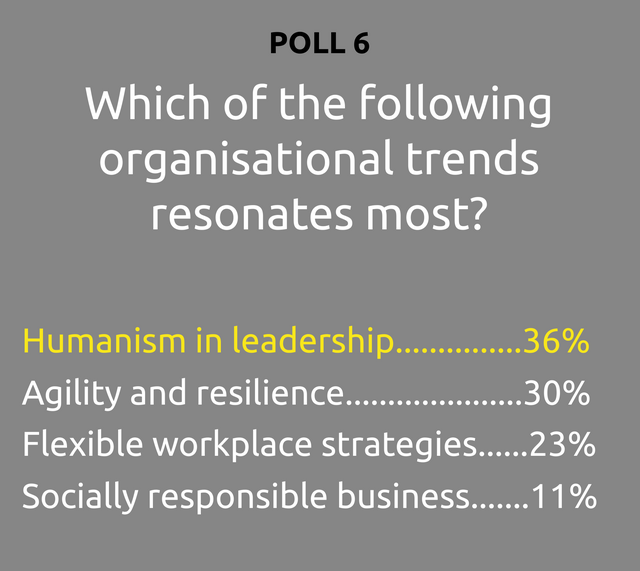
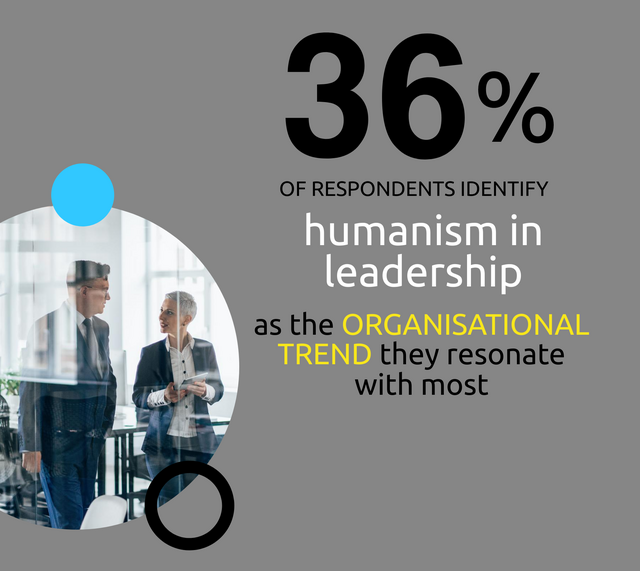
Global Poll on the Evolving Role of the CHRO: Key Takeaways
> Talent issues attract the greatest consensus in our poll: 63% of respondents identify leadership and talent gaps as the top priority in discussions between the CHRO and CEO.
- Retention is mission-critical for the CHRO: 39% identify this as their CHRO or HR team’s top priority.
- A key retention tool is leadership development for leaders and managers: 37% identify this as their CHRO or HR team‘s top priority for CHROs.
- Rotations in the business are also used as a development and retention tool: nearly a quarter of respondents, 24 percent, would use this in developing future CHROs.
> Effective collaboration, not productivity, is the top concern in flexible working: 39% identify collaboration as the top concern around where and when people are working.
- Only 11% identify productivity as the top concern in flexible working.
- Another major concern is mentorship of junior staff, with 27% of respondents identifying this as their top concern in flexible working.
> How is the CHRO involved in ESG objectives? 36% of respondents say the focus is on a combined approach to ESG.
- The area with the most dedicated focus is Social for 31% of respondents, followed by Environmental/sustainability for 25%.
- Governance receives little specific attention, with only 8% of respondents identifying this as a separate area of involvement for the CHRO.
> Humanism in leadership is the top organisational trend: 36% of respondents identify this as the organisational trend that most resonates with them.
- A more human way of leading has evolved in recent years, with an emphasis on empathy, team support and a non-hierarchical environment.
- Bringing one’s whole self to work, inclusion, financial and other pressures, have shone a light on the need for empathy in the workplace.
- This finding is corroborated by research conducted by Boyden’s leadership consulting team: Re-signification of the leader’s role: the human way of leading. Human-centred leadership scored most highly out of the seven most critical leadership trends.
> What are the key skills for developing CHROs for the future? Based on effective HR leadership today, 29% cite data & analytics as the top skill to develop and 25% note financial & business acumen.
- This points to the combined importance of data & analytics and financial & business acumen – capabilities that are central to the role of a CHRO in any industry today.
- Rotations in the business and digital & AI knowledge come just below this, with nearly a quarter, 24% and 22% respectively. These signal additional priorities and point to a new blend of imperatives for leading the people function.
The extent and variety of external challenges today – economic volatility, extreme weather events and the global political climate – coupled with advancements in digital and AI, are highlighting the value and expectations of the CHRO and HR teams. This is also evident in our recent executive survey results, with leadership and talent gaps dominating CEO-CHRO discussions. The top organisational emerging trend is humanism in leadership. Executives and teams face new challenges in a working world where lines are blurred in the evolving social and diverse global environment. Employees expect their organisation to have a social conscience. It therefore follows that the CHRO is most involved in the Social aspect of ESG, as a custodian for organisational responsibility and employee well-being. The importance and stature of the CHRO role has inspired Boards increasingly to seek these leaders for non-executive board positions.
Boyden’s global Human Resources Practice works with CEOs and Boards to identify CHROs that embrace the demands of the role today. We also partner with CHROs to support their HR strategies through leadership assessment, team development and executive coaching.




